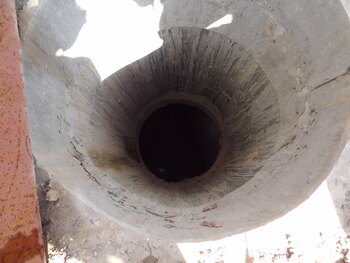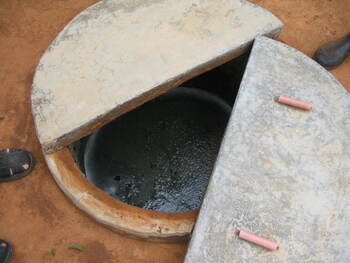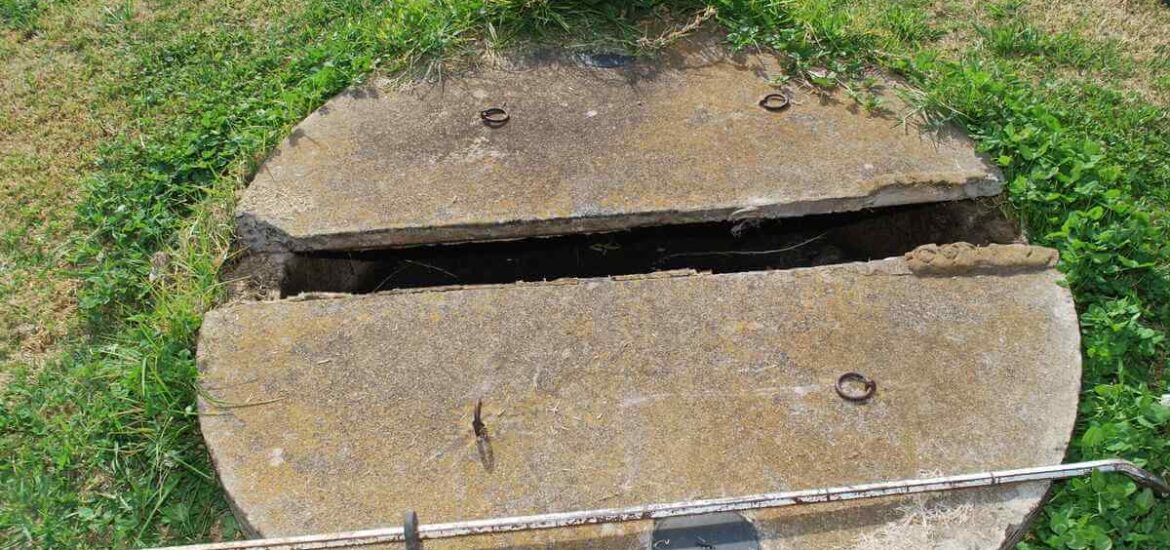Maintaining a septic tank is crucial for homeowners relying on this system for waste management. Proper septic tank maintenance ensures your system functions efficiently, prevents costly repairs, and protects the environment. This guide will provide you with everything you need to know about septic tank maintenance, including tips, best practices, and common mistakes to avoid.
 Understanding Your Septic System
Understanding Your Septic System
Before diving into maintenance tips, it’s important to understand the basics of how a septic system works.
A typical septic system consists of a septic tank and a drainfield.
Wastewater from your home flows into the septic tank, where solids settle to the bottom, forming sludge, and oils and grease float to the top, forming scum. The middle layer of liquid, called effluent, exits the tank and percolates into the drainfield, where it is naturally filtered by the soil.
Importance of Regular Septic Tank Maintenance
Regular maintenance of your septic tank is essential for several reasons:
- Prevents System Failure: Regular maintenance helps prevent clogs and backups, ensuring your septic system operates efficiently.
- Prolongs System Lifespan: Proper care can extend the lifespan of your septic system, saving you money on expensive replacements.
- Protects the Environment: A well-maintained septic system prevents contaminants from seeping into the soil and groundwater, protecting local ecosystems and water supplies.
- Saves Money: Preventative maintenance is far less expensive than repairing or replacing a failed septic system.
Key Septic Tank Maintenance Tips
- Regular Pumping: One of the most critical aspects of septic tank maintenance is regular pumping. The frequency of pumping depends on the size of your tank and the number of people in your household. As a general rule, septic tanks should be pumped every 3-5 years. However, if you have a larger household or use a garbage disposal frequently, you may need to pump more often.
- Water Conservation: Reducing water usage can significantly impact the health of your septic system. Excessive water can overload the system, leading to backups and failures. Simple ways to conserve water include fixing leaks, installing low-flow fixtures, and spreading out laundry loads throughout the week.
- Proper Waste Disposal: What you flush down your toilet and pour down your drains can affect your septic system. Avoid flushing items like feminine hygiene products, diapers, paper towels, and wipes, even if they are labeled as “flushable.” These items can clog your system and cause backups. Also, avoid pouring grease, oil, and harsh chemicals down the drain, as they can disrupt the balance of bacteria in the tank.
- Protect the Drainfield: The drainfield is a crucial component of your septic system. To protect it, avoid parking or driving over it, as this can compact the soil and damage the pipes. Additionally, plant only grass or shallow-rooted plants over the drainfield to prevent roots from infiltrating the pipes.
- Regular Inspections: Schedule regular inspections with a septic professional to check for signs of problems, such as leaks, clogs, or tree root infiltration. Inspections can help identify issues early, allowing for timely repairs and preventing more significant problems.
Common Septic Tank Maintenance Mistakes to Avoid
- Ignoring Pumping Schedules: Skipping regular pumping can lead to sludge buildup, reducing the tank’s capacity and causing backups and system failures. Stick to a regular pumping schedule to keep your system functioning properly.
- Overloading the System: Excessive water use can overwhelm your septic system, leading to backups and system failures. Be mindful of your water usage and implement water-saving practices to prevent overloading.
- Using Harsh Chemicals: Harsh chemicals can kill the beneficial bacteria in your septic tank, disrupting the breakdown of waste. Use septic-safe cleaning products and avoid pouring chemicals down the drain.
- Planting Trees Near the System: Tree roots can infiltrate and damage the septic tank and drainfield pipes. Plant trees and shrubs at a safe distance from your system to avoid root intrusion.
- Ignoring Signs of Problems: Ignoring signs of septic system problems, such as slow drains, foul odors, or wet spots in the yard, can lead to more severe issues. Address any signs of trouble promptly to prevent costly repairs.
 Environmental Considerations
Environmental Considerations
A well-maintained septic system not only benefits homeowners but also has positive environmental impacts. Proper maintenance prevents contaminants from leaching into the soil and groundwater, protecting local water supplies and ecosystems. By following best practices for septic tank maintenance, you can contribute to a healthier environment.
Conclusion
Septic tank maintenance is essential for ensuring the longevity and efficiency of your waste management system. Regular pumping, water conservation, proper waste disposal, protecting the drainfield, and scheduling regular inspections are all critical components of a comprehensive maintenance plan. Avoid common mistakes, such as ignoring pumping schedules, overloading the system, using harsh chemicals, planting trees near the system, and ignoring signs of problems. By following these tips and best practices, you can keep your septic system in top condition, save money on repairs, and protect the environment.
Investing time and effort into maintaining your septic system pays off in the long run, providing peace of mind and a reliable waste management solution for your home. Remember, a little preventative maintenance goes a long way in ensuring the health and longevity of your septic system.
By following this comprehensive guide to septic tank maintenance, you can ensure that your system remains efficient and trouble-free for years to come.

